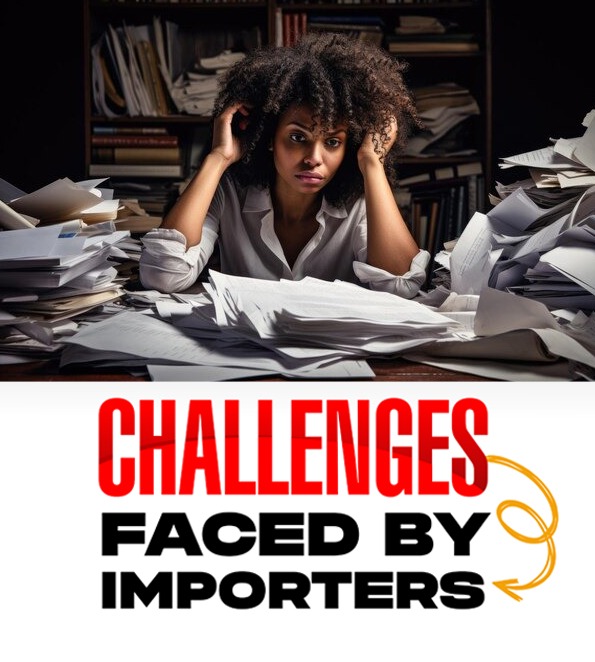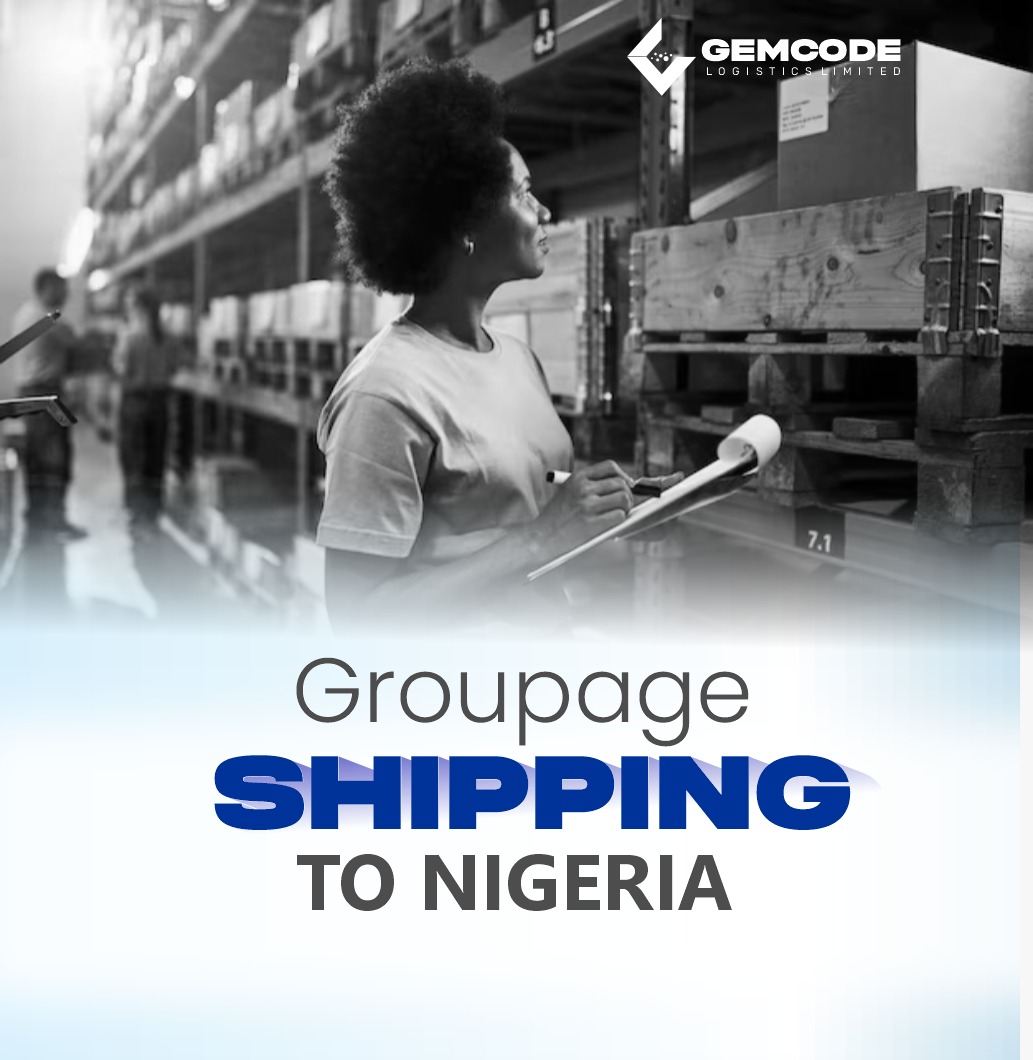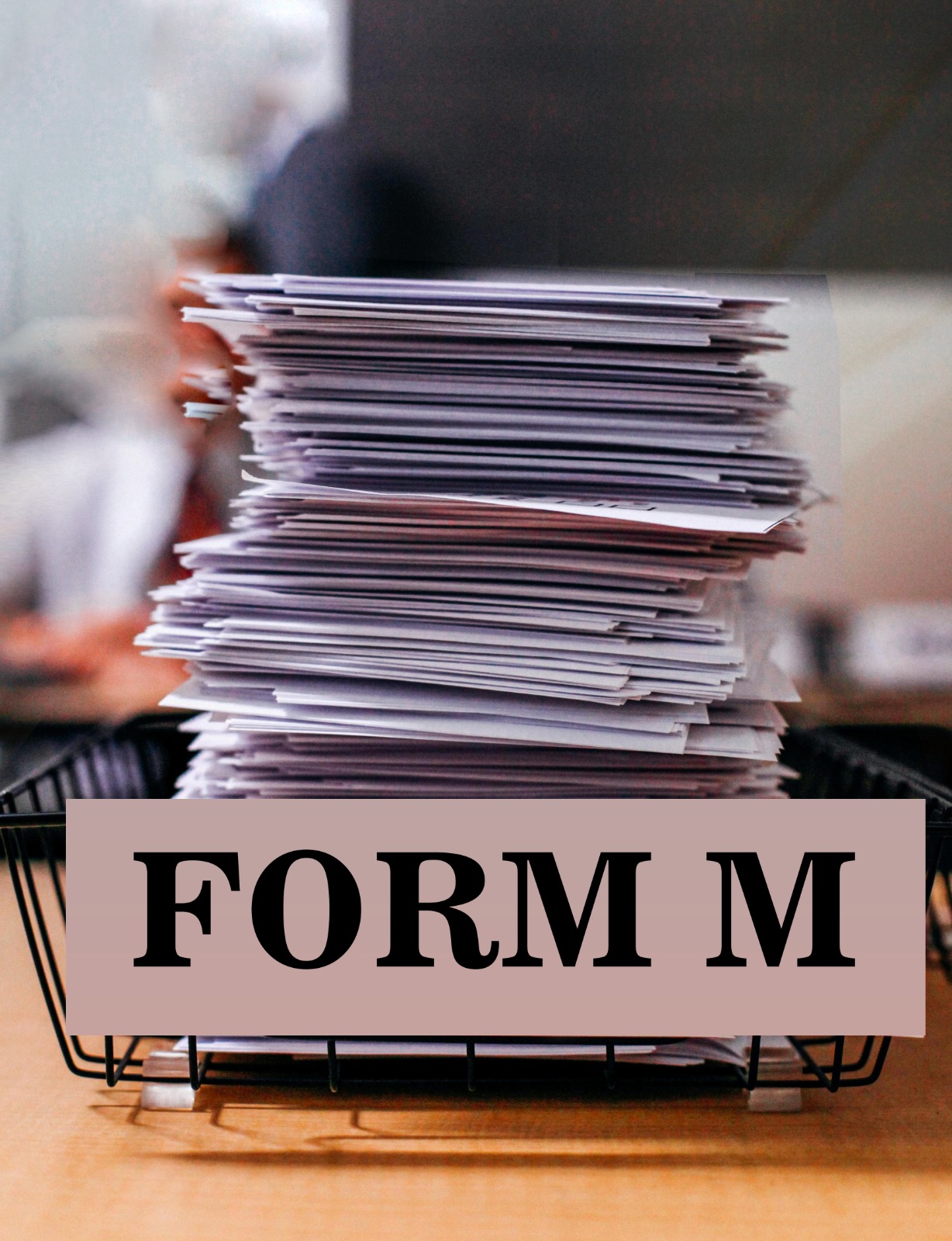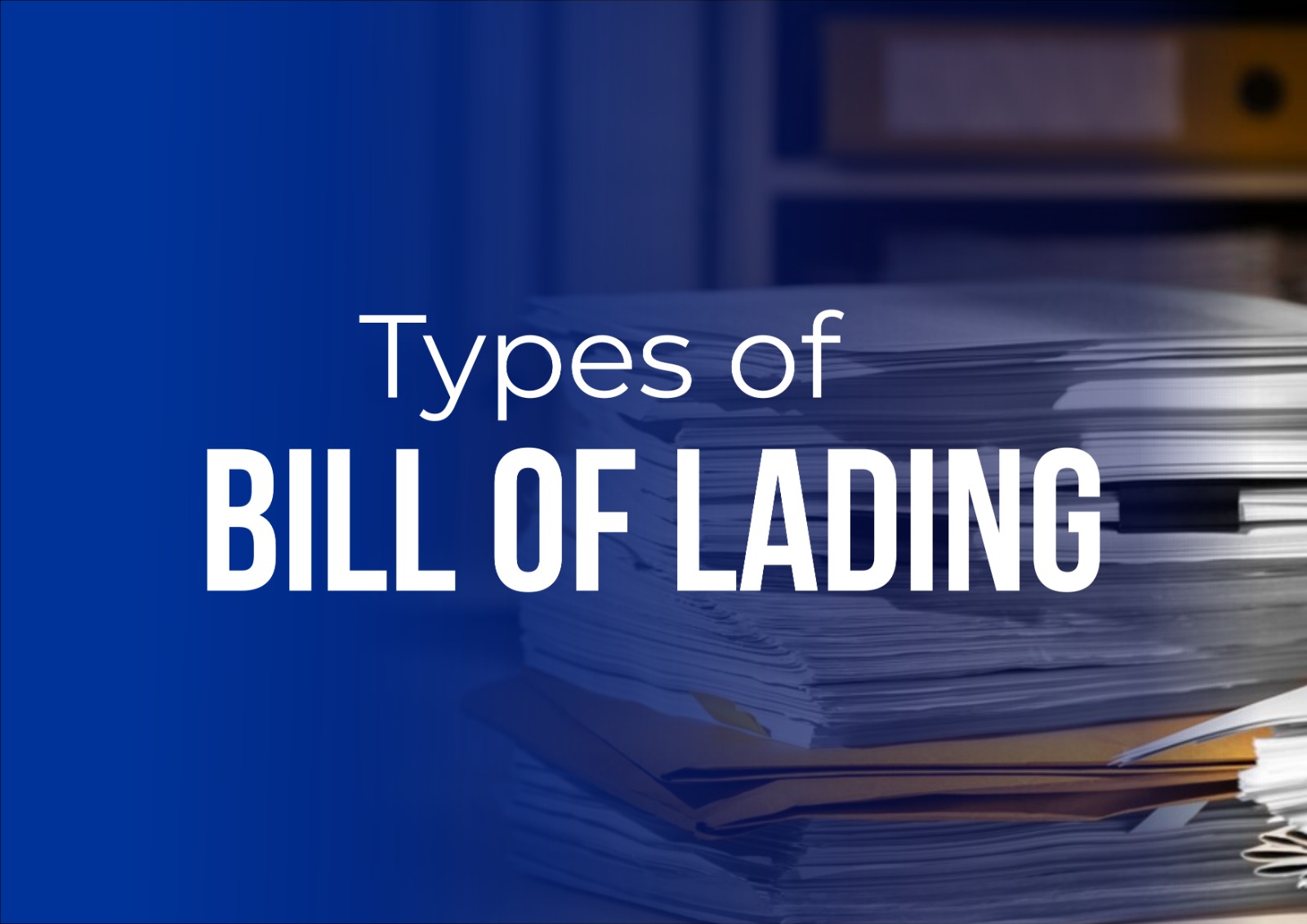Importing goods can be a lucrative venture. However, there are a lot of risks involved as well, which could make operations more difficult to run smoothly and increased cost. From regulatory requirements to logistical challenges, importers must navigate a complex environment to ensure smooth and efficient import processes.
In this blog post, we'll delve into some of the key challenges faced by importers and provide insights on how to overcome them.
Regulatory Obstacles
• Customs Compliance: One aspect of importing is complying with complex customs laws, which include tariffs, duties, and quotas. Errors or omissions may result in fines, delays, or even the seizure of products.
• Import Licenses and Permits: Before importation, some products may require to obtain specific licenses or permits. Getting these documents may take some time and be subject to various requirements.
• Quotas and Restrictions: Some countries impose quotas or restrictions on the quantity or types of goods that can be imported. Importers must be aware of these limitations and plan accordingly.
• Intellectual Property Rights: Protecting intellectual property rights is crucial during importation. Importers must ensure that their goods do not infringe on existing patents, trademarks, or copyrights.
Logistics Difficulties
• Disruptions to the Supply Chain: Global events such trade conflicts, natural catastrophes, or unstable political environments can cause delays, increased costs, and even shortages in the supply chain.
• Logistics and Transportation: Managing logistics and transportation can be challenging, particularly when shipping internationally. In order to guarantee prompt delivery, importers need to choose reliable carriers, manage documentation, and track shipments. Gemcode Logistics can ensure seamless cargo logistics and delivery.
• Port Congestion and Delays: Import patterns and costs are often greatly impacted by port congestion and delays. To reduce these risks, importers might need to think about using different ports or means of transportation.
• Inventory Control: To prevent stock outs and excess inventory, importers must implement effective inventory control. Important aspects include accurate forecasting, prompt restocking, along with effective warehousing.
More on Challenges faced by Importers
Documentation and Paperwork
• Customs Declarations: One of the most important steps in the import procedure is preparing complete and accurate customs declarations. Delays, penalties, and sometimes the seizure of goods might result from mistakes or omissions.
• Commercial invoices: These documents offer comprehensive details about the imported items, such as their value, quantity, and description. Maintaining accuracy is vital for customs clearance.
• Certificates of Origin: These documents confirm the items' country of origin, which may have an effect on customs tariffs and duties. These certificates need to be obtained by importers from the country of export.
• Other Documents: Material safety data sheet (MSDS), health certificates, phytosanitary certificates, or safety certifications, among other documents, are likely required depending on the type of imported goods.
However, Gemcode Logistics can handle all importation and exportation documentation. We ensure all documents are accurate, which makes customs clearance seamless and hassle free.
Financial Risks:
• Currency Fluctuations: These can have a major effect on the price of goods imported; importers may need to hedge their currency risk.
• Payment Terms: In order to control cash flow and reduce financial risks, importers must negotiate favorable payment terms with suppliers.
• Make Use of Freight Forwarding Solutions: By streamlining logistics and transportation, freight forwarding businesses can guarantee timely and economical shipment.
• Invest in Supply Chain Management Software: Advanced software helps lower risks, increase visibility, and optimize supply chain processes.
• Create Solid Relationships with Suppliers: Cooperation, communication, and risk reduction can all be improved by creating solid relationships with reliable suppliers.
• Keep Up With Regulations and Industry Trends: Effective import management requires staying current with industry news and regulatory developments.
Conclusion
Having discussed the challenges faced by importers, Importers may reduce risks, optimize operations, and ensure successful import activities by proactively tackling these challenges. Gemcode Logistics ranking as the best in the industry we ensures your goods are cleared seamlessly. We offer efficient and reliable solutions, from pickup to shipping to customs clearance down to final delivery. Contact us today!

.jpg)



